The Other Guys
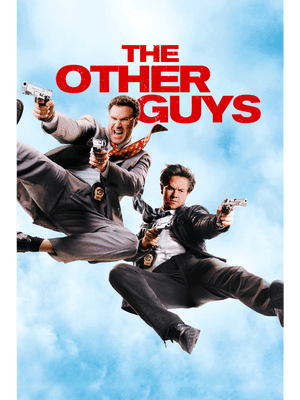
PG-13, 2010, Comedy/Action, 1h 47m
PG-13, 2010, Comedy/Action, 1h 47m
Table of Contents
What Is The Other Guys About?
Two NYPD detectives who step up to solve a big case after the department’s top cops are sidelined.
Why You Should Watch The Other Guys
“The Other Guys” is a hilarious take on the buddy cop genre that succeeds in delivering a fresh, entertaining take on the classic trope. Directed by Adam McKay, the film showcases the talents of Will Ferrell and Mark Wahlberg in a unique pairing that produces an abundance of laughs and on-screen chemistry.
The film begins by introducing the two main characters, Detective Allen Gamble (Ferrell) and Detective Terry Hoitz (Wahlberg). Gamble is a desk-bound forensic accountant who prefers to stay out of harm’s way, while Hoitz is a hot-headed detective who is eager to get back into the action after a past mistake. The two are stuck working together after their precinct’s star detectives (played by Samuel L. Jackson and Dwayne Johnson) are killed in action.
The chemistry between Ferrell and Wahlberg is the highlight of the movie. Ferrell’s deadpan delivery and awkward demeanor are perfectly complemented by Wahlberg’s tough-guy persona and quick temper. Their banter and one-liners keep the movie entertaining throughout, and the two actors play off each other seamlessly.
The humor in the film comes from a variety of sources, from slapstick gags to witty one-liners. Ferrell is known for his quirky, offbeat comedic style, which is on full display in this film. He delivers his lines with an impeccable deadpan that is both awkward and endearing. Wahlberg, on the other hand, brings a more aggressive energy to the film, frequently losing his temper and lashing out at those around him.
The supporting cast is also strong, with Michael Keaton providing comic relief as the precinct captain who moonlights as a Bed Bath & Beyond employee. Eva Mendes plays Gamble’s beautiful wife, who surprisingly has a PhD in psychology. Steve Coogan plays the villainous billionaire who is behind the financial fraud that Gamble and Hoitz are investigating.
The movie’s plot, while not particularly original, serves as a decent vehicle for the humor. The story revolves around a financial scam that leads to a larger conspiracy, and the two detectives must navigate their way through the case while dealing with their own personal issues. The action scenes are well-executed and entertaining, with McKay’s signature over-the-top style on full display.
The movie also includes several clever references and satirical jabs at real-world issues, such as the financial crisis and corporate greed. While the humor can be crude at times, it never feels mean-spirited or excessive.
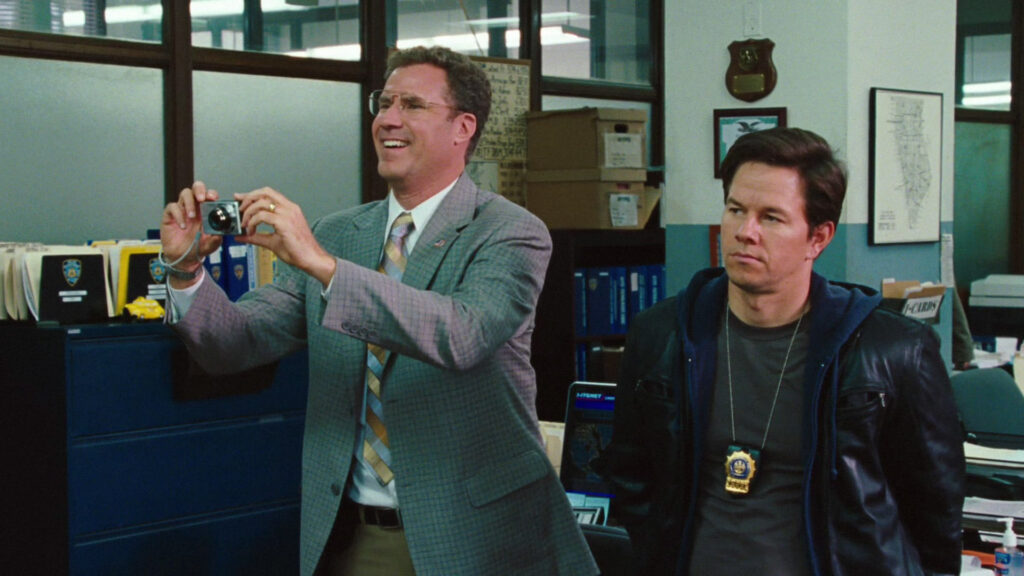
The Theme of The Other Guys
One of the main themes of the film is police corruption. Throughout the film, we see examples of officers who are willing to bend the law to get what they want, whether it’s money, power, or respect. This is exemplified by the actions of the precinct’s top cops, played by Samuel L. Jackson and Dwayne “The Rock” Johnson, who are hailed as heroes for their violent and reckless behavior. The film suggests that the police force can become corrupt when officers are not held accountable for their actions and are instead rewarded for being aggressive and violent.
Another theme explored in the film is greed. Several of the characters are motivated by a desire for money and are willing to do whatever it takes to get rich. This is seen most clearly in the film’s villain, played by Steve Coogan, who is a wealthy businessman willing to engage in illegal activities to maintain his fortune. The film highlights how the pursuit of wealth can lead people to make unethical and illegal decisions, and ultimately harm others.
The theme of the pursuit of power is also explored in “The Other Guys.” This is most clearly seen in the relationship between the two main characters, Allen and Terry, who aspire to be the top cops in their precinct. Throughout the film, they struggle to gain recognition and respect from their colleagues, and are often overshadowed by more aggressive and violent officers. The film suggests that the desire for power can lead people to engage in unethical behavior and become corrupt, as seen with some of the other characters in the film.
Finally, the film also explores the theme of redemption. Both Allen and Terry are flawed characters who are initially dismissed as “the other guys” by their colleagues. However, throughout the film, they have the opportunity to prove their worth and show that they can be effective police officers. This is exemplified in the film’s climactic scene, where they are able to save the city from a potentially catastrophic event. The film suggests that people can overcome their flaws and redeem themselves through hard work, perseverance, and a commitment to doing what is right.
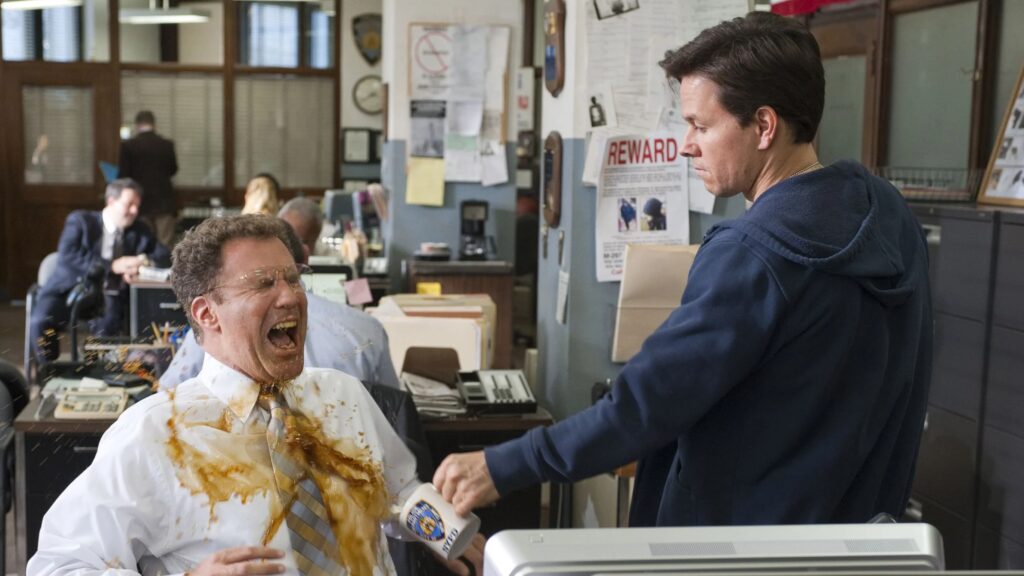
The Cinematography of The Other Guys
The cinematography in “The Other Guys” is primarily focused on creating a comedic tone and highlighting the absurdity of the situations the characters find themselves in. The film’s visual style is characterized by bright, bold colors and exaggerated camera movements, which serve to heighten the film’s comedic elements.
The cinematographer, Ben Schwartzman, employs a variety of techniques to achieve this effect, including the use of handheld cameras, wide-angle lenses, and extreme close-ups. These techniques help to create a sense of immediacy and intimacy, drawing the audience into the world of the film and emphasizing the relationships between the characters.
The film also features a number of action sequences, which are shot and edited in a way that parodies traditional action films. The camera often lingers on the aftermath of these sequences, showing the characters recovering from injuries or dealing with the aftermath of the chaos.
The Soundtrack of The Other Guys
The soundtrack of “The Other Guys” features a mix of classic and contemporary songs that complement the movie’s comedic and action-packed tone. The film’s score was composed by Jon Brion, who is known for his work on movies such as “Eternal Sunshine of the Spotless Mind” and “Punch-Drunk Love.” The score features a blend of orchestral and electronic elements that add tension and energy to the movie’s various chase and fight scenes.
Popular songs in The Other Guys include:
- “Pimps Don’t Cry” by CeeLo Green and Eva Mendes
- “Ain’t No Love in the Heart of the City” by Bobby “Blue” Bland
- “Big Girls Don’t Cry” by Fergie
- “Live Is Life” by Opus
- “Icky Thump” by The White Stripes
- “The Weight” by The Band
- “Baba O’Riley” by The Who
- “Moby Dick” by Led Zeppelin
- “Shiny Happy People” by R.E.M.
- “I Will Survive” by Gloria Gaynor
The Cast of The Other Guys
- Will Ferrell as Detective Allen Gamble – A mild-mannered forensic accountant who prefers to stay behind his desk and avoid dangerous situations.
- Mark Wahlberg as Detective Terry Hoitz – A hotheaded detective who wants to be out on the streets fighting crime, but has been relegated to desk duty after a past incident.
- Eva Mendes as Dr. Sheila Gamble – Allen’s wife, who is much more attractive and successful than he is.
- Michael Keaton as Captain Gene Mauch – The police captain who oversees Allen and Terry’s division, and works a second job at Bed Bath & Beyond.
- Steve Coogan as David Ershon – A wealthy businessman who is involved in a Ponzi scheme and becomes the target of Allen and Terry’s investigation.
- Ray Stevenson as Roger Wesley – A British billionaire who is also involved in the Ponzi scheme and becomes a target of Allen and Terry’s investigation.
- Samuel L. Jackson as Detective P.K. Highsmith – A popular and reckless detective who is idolized by Terry.
- Dwayne Johnson as Detective Christopher Danson – Highsmith’s partner, who is also idolized by Terry.
- Rob Riggle as Detective Evan Martin – A fellow detective who is Allen and Terry’s rival.
- Damon Wayans Jr. as Fosse – A detective who works in the same division as Allen and Terry.
Each of these characters plays a role in the plot of the movie, whether it’s through their interactions with Allen and Terry or their involvement in the financial scandal that drives the story. The film features a talented ensemble cast, with each actor bringing their own comedic style to the film’s humor.
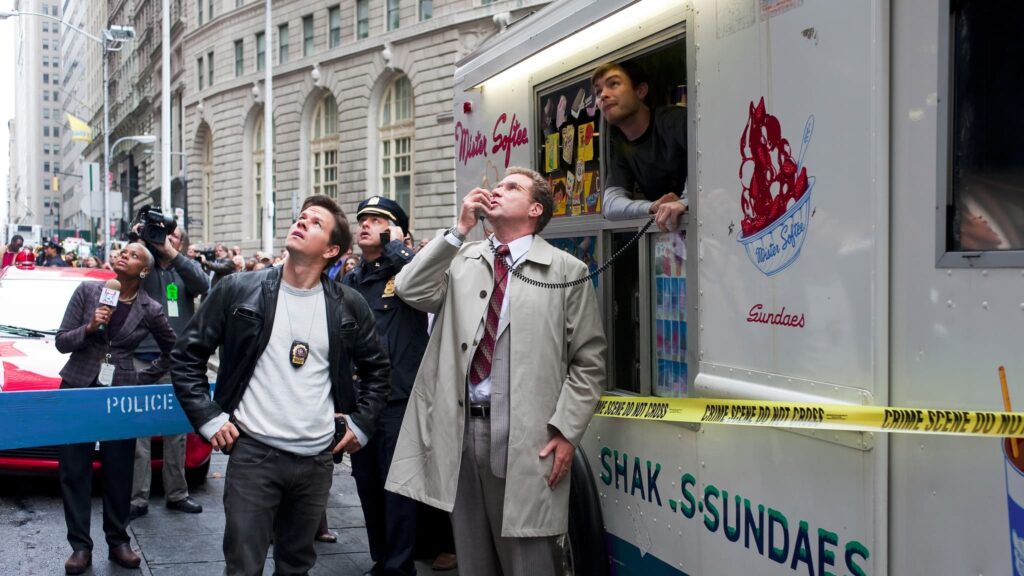
The Filmmakers of The Other Guys
- Adam McKay: Director, Producer, and Co-Writer of the film. McKay is a comedian and filmmaker who is best known for his work on “Anchorman: The Legend of Ron Burgundy,” “Talladega Nights,” and “Step Brothers.”
- Chris Henchy: Producer and Co-Writer of the film. Henchy is a screenwriter and producer who has worked on several other comedies, including “The Campaign,” and “Land of the Lost.”
- Patrick J. Crowley: Producer of the film. Crowley is a producer who has worked on a variety of films, including “The Bourne Identity,” “The Bourne Supremacy,” and “The Kingdom.”
- Ben Schwartzman: Cinematographer of the film. Schwartzman is a cinematographer who has worked on other comedies, such as “The House Bunny” and “Couples Retreat.”
- Brent White: Editor of the film. White is an editor who has worked on several other comedies, including “Anchorman 2: The Legend Continues” and “Get Hard.”
- Jon Brion: Composer of the film’s score. Brion is a musician and composer who has worked on several other films, including “Eternal Sunshine of the Spotless Mind,” “Punch-Drunk Love,” and “Lady Bird.”
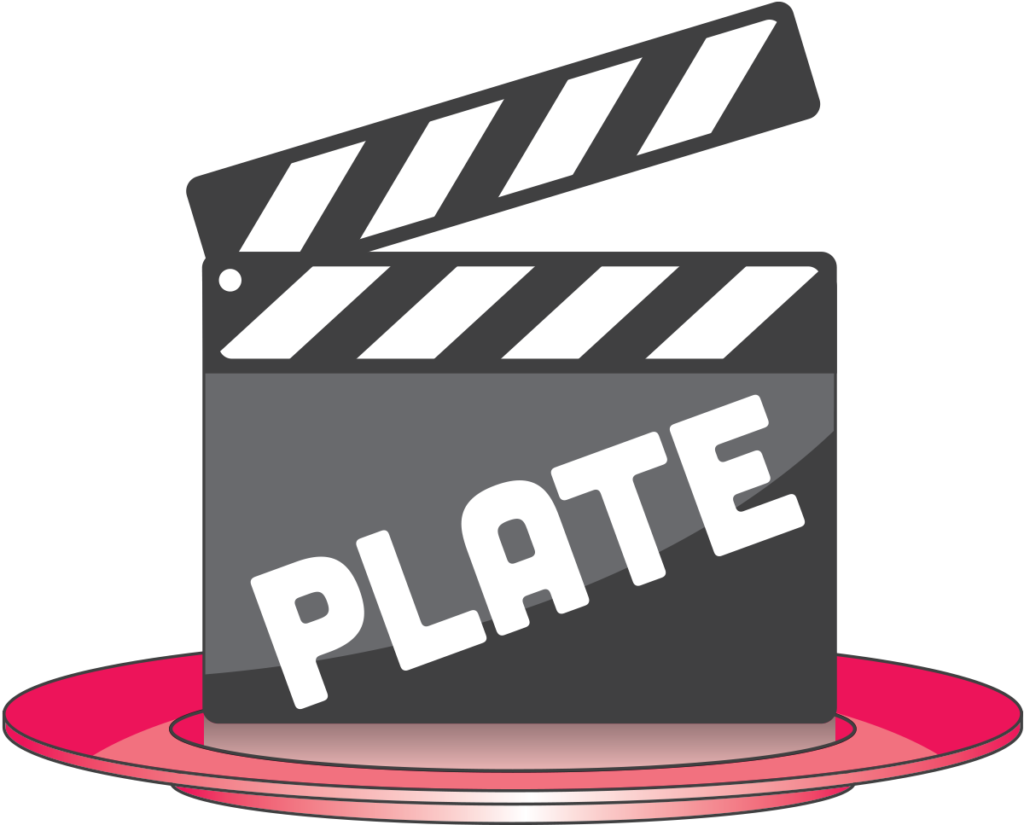
Ahi Tuna Nachos

Inspiration
Allen and Terry argue over the battle of a lion and a Tuna.
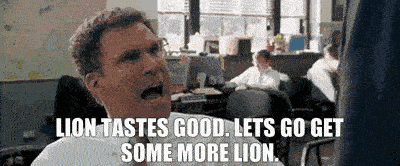
More About The Other Guys
The Other Guys is actually narrated by Ice-T, the rapper and actor, who appears in a cameo role at the beginning and end of the movie. Ice-T’s narration provides a humorous and satirical commentary on the film’s themes, adding an extra layer of comedy to the movie.
Ice-T’s narration in “The Other Guys” is a unique and memorable aspect of the film. The rapper and actor provides a witty and satirical commentary on the themes of the movie, while also adding an extra layer of humor to the proceedings.
Ice-T appears in a brief cameo at the beginning of the movie, playing himself in a press conference scene where he talks about the dangers of high-speed police chases. He later reappears at the end of the film, delivering a monologue that serves as a sort of epilogue to the story.
Throughout the film, Ice-T’s narration provides a tongue-in-cheek commentary on the action and characters, poking fun at the conventions of the buddy cop genre. He frequently breaks the fourth wall and acknowledges the absurdity of the situations that the characters find themselves in.

